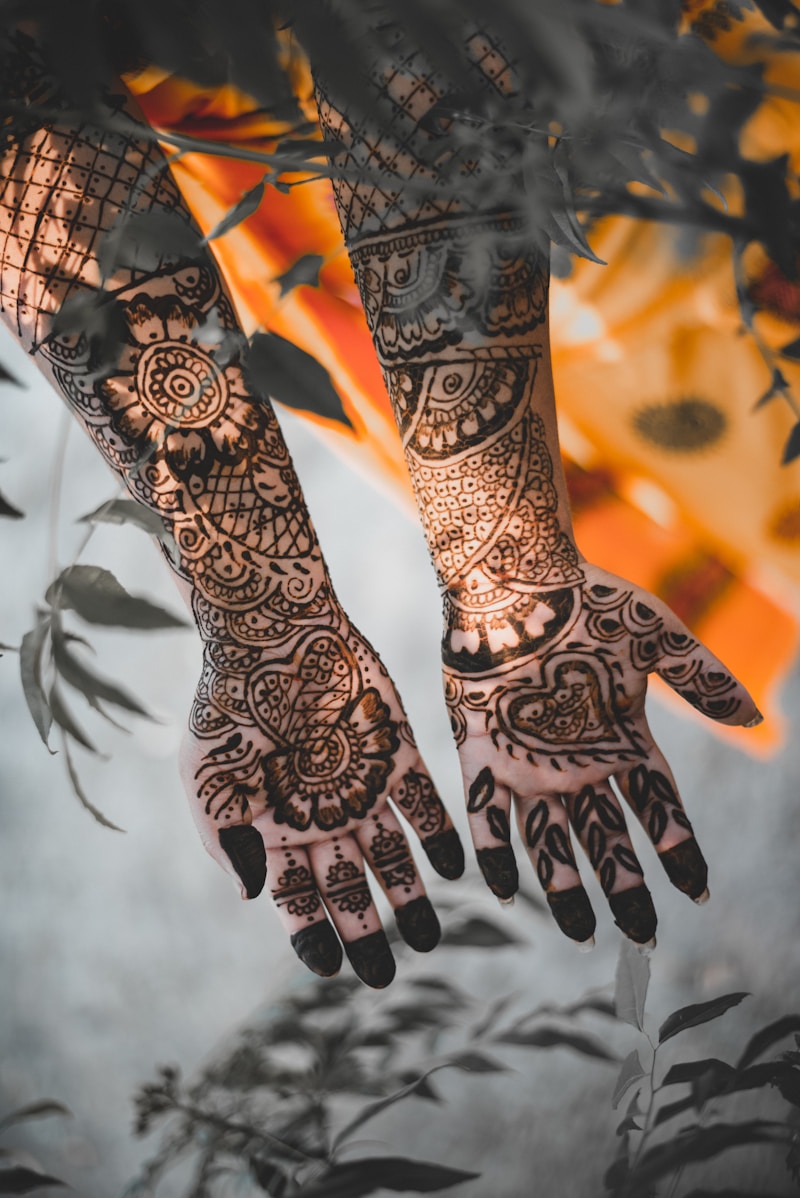Exploring the Significance of Rituals in Cultural Weddings
The Importance of Rituals in Cultural Weddings
Cultural weddings are rich in traditions and rituals that hold deep significance for the couple and their families. These rituals not only celebrate love and commitment but also connect individuals to their heritage. In this article, we will delve into a variety of cultural wedding rituals across different societies, helping to illustrate the beauty and diversity of these practices.
Understanding the Role of Rituals in Weddings
Rituals in cultural weddings serve multiple purposes. They can symbolize the joining of two families, represent cultural beliefs, and honor ancestors. Furthermore, these rituals often involve a community aspect, where family and friends come together to participate in the celebration. Each culture offers unique forms of rituals, making the exploration of these traditions a fascinating study in human behavior and societal values.
Diverse Cultural Wedding Rituals Around the World
Let's take a closer look at some of the prominent rituals found in cultural weddings across various regions:
| Culture | Ritual | Description |
| Indian | Saat Phere | The couple circles a sacred fire seven times, each round symbolizing a specific vow. |
| Chinese | Tea Ceremony | The couple serves tea to their elders, which is a way to show respect and gratitude. |
| Jewish | Breaking the Glass | The groom breaks a glass to symbolize the fragility of relationships and the destruction of the Temple in Jerusalem. |
| Mexican | Lazo Ceremony | A lazo or rope is placed in a figure-eight shape around the couple to symbolize their union. |
Traditional Rituals with Spiritual Significance
Many cultural wedding rituals incorporate spiritual elements that reflect the couple's beliefs. For instance, in Native American weddings, a ritual called the "Blessingway" is performed to invoke the spirits to bless the union. Similarly, African weddings may include the "Tasting of the Four Elements" where the couple tastes salt, honey, and other elements to celebrate the joys and challenges of life.
Rituals Tailored to Modern Couples
While many couples embrace traditional wedding rituals, others are choosing to personalize their ceremonies to reflect their individuality or a blend of cultures. Interfaith couples often combine elements from both traditions, creating unique rituals that pay homage to their backgrounds while also celebrating their love.
Challenges in Preserving Cultural Wedding Rituals
As cultures evolve, some wedding rituals risk being lost over time. Globalization and modernization can sometimes dilute traditional practices. Couples and communities are encouraged to understand the significance of these rituals and strive to preserve them through education and participation. Engaging younger generations through workshops or community events can help in the transmission of these valuable customs.
Utilizing Modern Technology in Cultural Weddings
With the advent of technology, couples can now share their cultural wedding rituals with a broader audience through live streaming or social media. This not only helps in preserving traditions but also introduces them to others who may be interested in learning about different cultures. Planning app features are also available to help couples incorporate traditional elements into their Modern wedding planning.

Conclusion and Recommendations
Rituals in cultural weddings are a beautiful expression of love, family, and heritage. They remind us of the importance of community and the values we hold dear. For couples planning their wedding, it is important to consider which rituals resonate with them, whether they choose traditional practices, modern adaptations, or a combination of both. Additionally, understanding the history and significance behind these rituals can enhance the experience.
In conclusion, take the time to explore and incorporate meaningful rituals into your wedding. By doing so, you’re not only honoring your heritage but also enriching your celebration with depth and significance. Whether you're influenced by specific cultural practices or solely focusing on personalization, your wedding will undoubtedly become a memorable embodiment of both love and tradition.
Keywords: Rituals in cultural weddings, traditional wedding practices, significance of wedding rituals, preserving cultural traditions, Modern wedding adaptations.